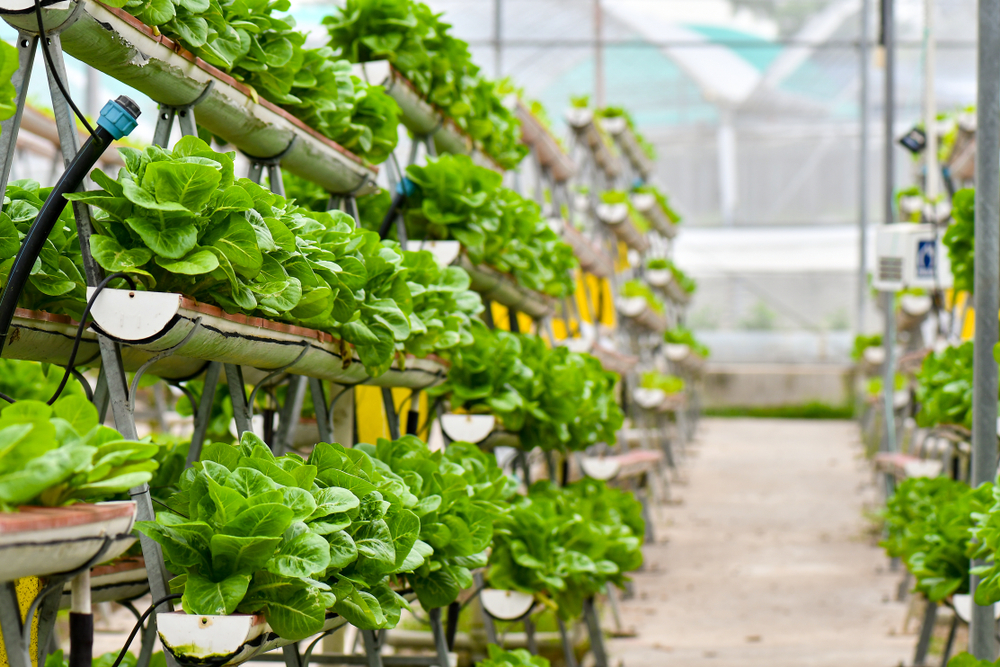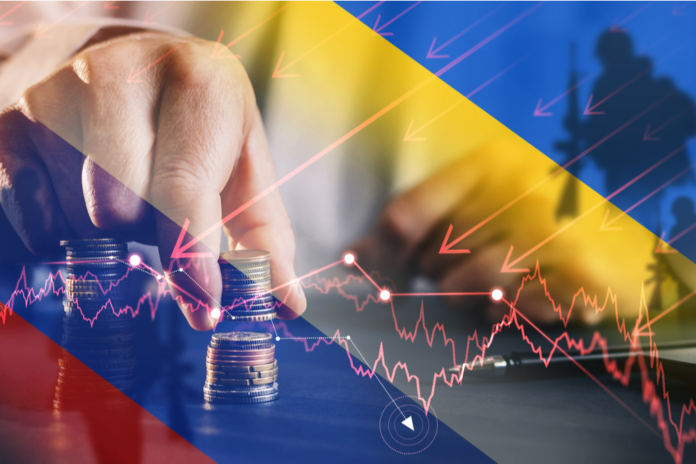War has come to Europe once again, this time in the form of Russia’s invasion of Ukraine. For many here in the Caribbean, the conflict may be a world away but in today’s globalized economy, everything is interconnected. Within days of the conflict’s onset, oil prices shot up above 100USD per barrel of West Texas Intermediate (WTI) and even briefly neared 140USD. However that’s unfortunately just the tip of the iceberg. Punitive Western sanctions against Russia has all but locked them off from the wider global economy, rendering the state or Russian companies unable to conduct basic business with most nations. While the Caribbean’s nations may not conduct most of their direct trade with Russia, we aren’t in the clear. How can we mitigate these impacts as well?
Resource Hikes Everywhere
Russia and Ukraine are collectively responsible for nearly 30% of the world’s wheat. A Reuters report from early March also notes that many nations receive their raw compounds for fertilizers such as potash from Russia as well. Nickel and other precious metals needed for modern industry also see a large global share come from Russia’s vast reserves. With all of these markets practically shut overnight, things haven’t gone over well. According to CBC, by the second week of March wheat prices had already jumped by 50% in many markets. That’s nothing to scoff at. Compound this with increases in other staple foods due to fertilizer and feed increases and things aren’t looking good.

A Bad Problem Gets Worse
At the height of the COVID-19 pandemic, global shipping prices had skyrocketed. Economies having been shuttered for weeks meant there were huge backlogs needing to be cleared at docks with individual businesses having a sudden and spiked demand. This skew between demand and supply saw shipping prices hit as high as prices like $18,000 USD per container. Now, according to Business Insider, shipping prices may even triple as per the war’s effects and go as high as $30,000 USD per container and above. This simply won’t be tenable for many smaller, fragile economies and can seriously upend any sort of development. Realistically speaking, there’s only so much a small economy can produce. This means, at least in order to sustain a modern standard of living, many basic necessities and products need to be shipped in. That’s the scenario the Caribbean region faces if this war drags on for too long. Indeed, as of Mid-March progress seemed to be at a stalemate leading many to fear we need to prepare for a long haul.
Another Wave Of Global Instability
In early March, the World Bank warned that the surging commodity prices threaten to disrupt daily life and cause instability across Africa, The Mid-East and other vulnerable areas in the world. It’s worth remembering that the Arab Spring, which kicked off over a decade ago, was also pre-empted by rising grain prices and a sudden spike in the cost of living. These events don’t occur in vacuums and create compounded economic uncertainty in addition to refugee crises and other social ills. A chain of shockwaves like this will not leave the Caribbean unscathed. Can we weather this storm? How can it be done?
Bracing And Taking Emergency Steps
Although no one’s talking about it with the degree of urgency you’d expect, these economic shocks are already happening. With little sway over the wider global economy, the Caribbean region is limited in its responses. What we can do is attempt to reduce our import bills in the short term. While growing wheat simply isn’t feasible given our geographic and climate based realities, we can seek to reduce our dependencies on other foodstuff. Fruits, vegetables and other daily used produce should be top priority. Locally produced fertilizers and chemicals, ideally procured from recycling can be explored. Previously we spoke of ‘sustainable’ farming wherein waste from animal farming assists in growing plants while waste from produce goes back into fisheries and animal farming. Such minimal waste production cycles need to be adopted.

Shore Up Reserves And Form Partnerships
In early March, long term assessments from The Economist predicted that commodity prices may remain elevated for months and that global inflation is set to rise by at least 6% this year. In such an environment, whether they decrease their import bills or not, Caribbean nations may find themselves drawing on financial reserves. It is therefore in their interests to shore up, strengthen and not squander these reserves. Consequently, economies of scale always survive trying times with far greater results than smaller, vulnerable economies. Now is the time for Caribbean nations to seriously consider economic cooperation and the act of operating as a singular regional economy in the wider global economy. This would not only give them better bargaining power and economic strength but also make the task of economic diversification more approachable and achievable.
Thus, there’s no longer any doubt that 2022 isn’t going to ease the economic and financial burdens facing the region as was previously hoped. Indeed, things may only get tougher for us. However in the face of this adversity shrewd governments and capable statesmen are a must as proactive rather than reactive policy making must become the norm if the region hopes to keep some semblance of stability and ordered function intact.



















